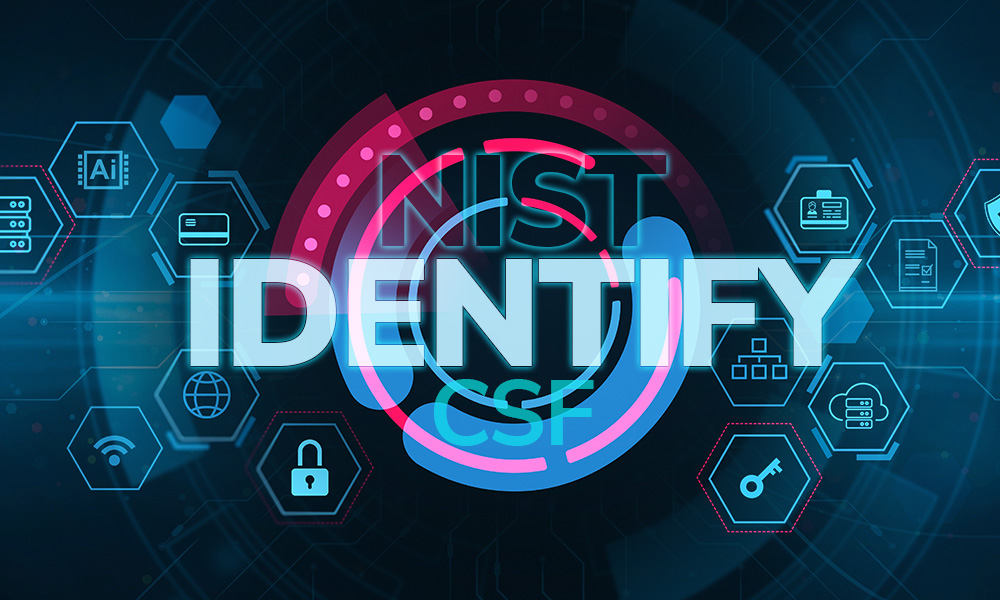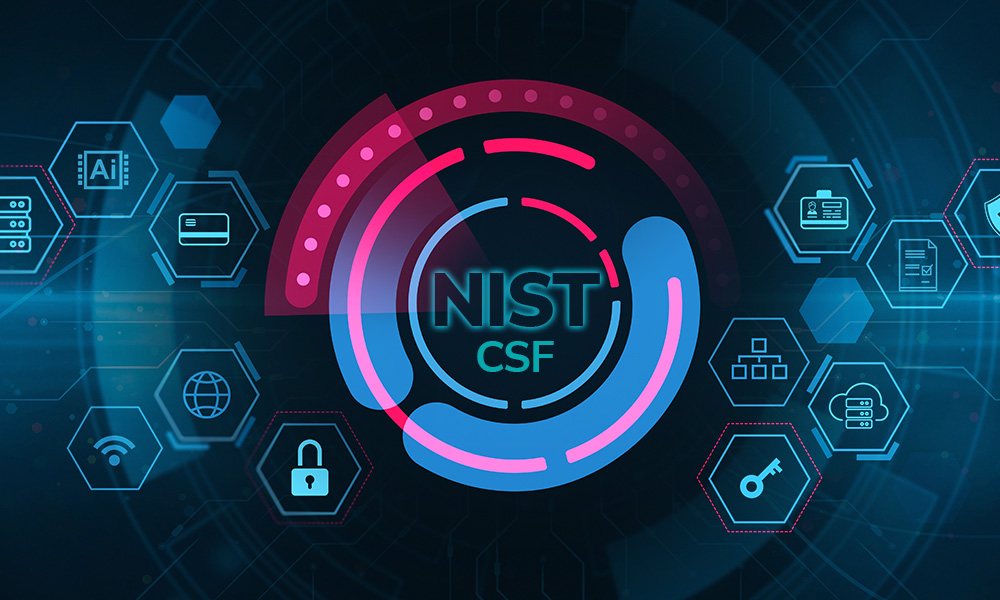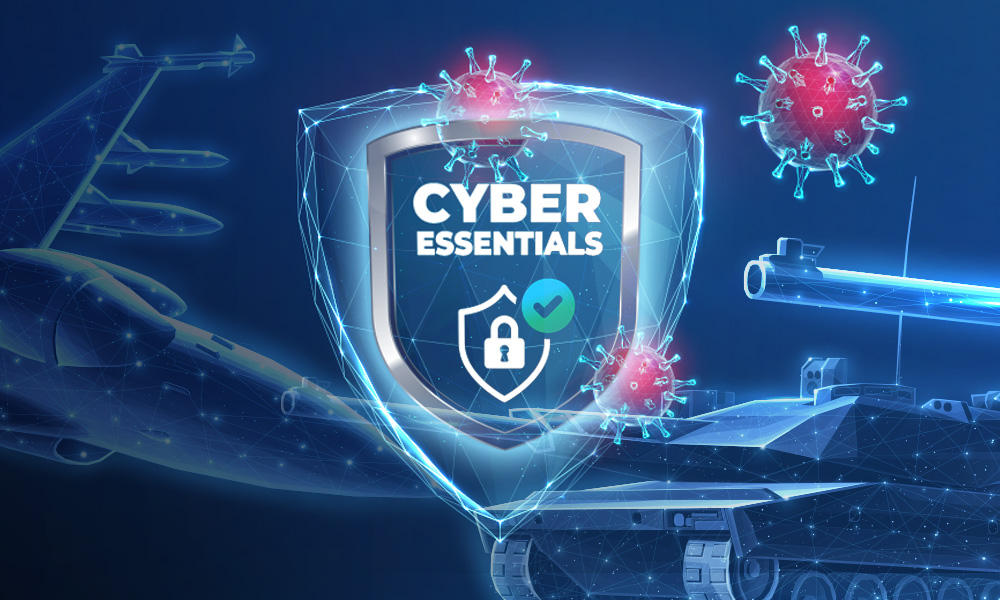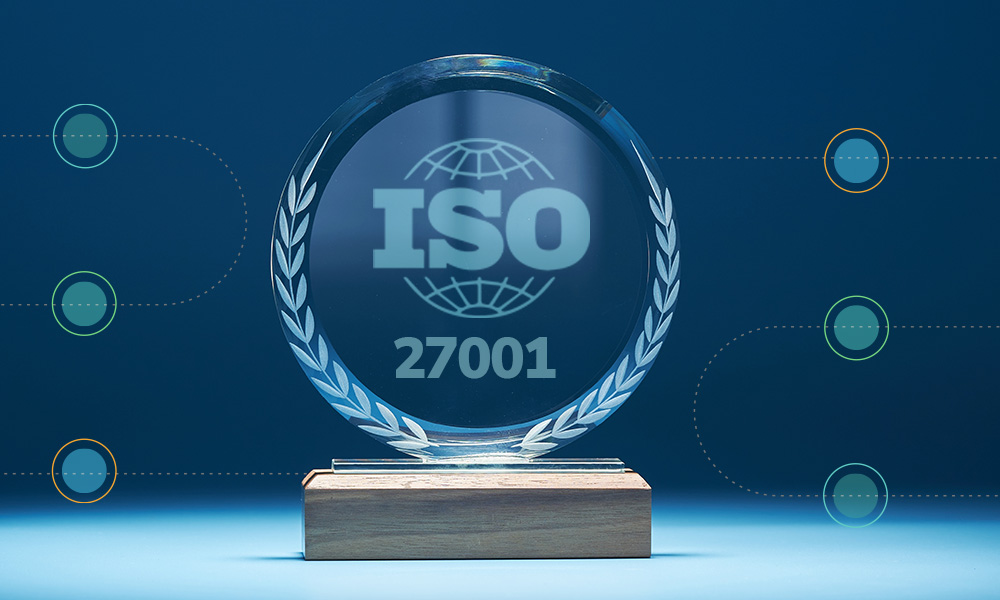Blog
Recent blogs

NHS Cyber Security Open Letter: What Does it Mean for Suppliers?
Published on
12
February
2026
TRENDING
URM’s blog explains the recent open letter to suppliers issued by the NHS, what it means, why it matters, and the practical steps you can take to prepare.
Read more

Cyber Security
Published on
4/2/2026
The Core Functions of NIST CSF: IdentifyTRENDING
URM’s blog unpacks the Identify Function of the NIST CSF, providing a detailed breakdown of its requirements and what you need to do to meet them.

Data Protection
Published on
26/1/2026
Analysis of Enforcement Action by the ICO in 2025 – Actions Way Down, Security Data Breach Fines Way UpTRENDING
URM’s blog analyses the ICO’s enforcement action in 2025, highlighting surprising trends in its approach to enforcing compliance with data protection law.

Data Protection
Published on
16/1/2026
Ten Top Tips for Achieving GDPR ComplianceTRENDING
URM provide ten actionable top tips that will allow you to take significant steps forward in your compliance journey.

Cyber Security
Published on
16/1/2026
Minimising the Impact When a Breach OccursTRENDING
URM’s blog explores the importance of cyber resilience & the steps organisations can take to prepare for and mitigate the impact of a cyber incident.

Cyber Security
Published on
8/1/2026
Strengthening Your Cyber Defences: Practical Steps for Every BusinessTRENDING
URM’s blog explores common weaknesses in organisations’ security programmes, & outlines practical, cost-effective measures to reduce the likelihood of a breach

Information Security
Published on
16/12/2025
ISO 27001 Control 8.17: Why Clock Synchronisation Is Critical for Security and ConformanceTRENDING
Read URM’s blog, where we explore the importance of clock synchronisation for cyber security and resilience, and how to meet the requirements of Control 8.17.

Data Protection
Published on
5/12/2025
Are Business Emails in Scope of Employee DSARs?TRENDING
URM’s blog explores the ICO’s guidance on business emails in DSARs & examine the implications of a recent ruling on the subject by the French Court of Cassation

Other Standards
Published on
24/11/2025
ISO 13485 and Beyond: Key Updates Shaping the Medical Device Regulatory LandscapeTRENDING
URM’s blog explores key updates to medical device standards, regulations & guidance documents, helping manufacturers understand what’s coming & how to prepare.

Cyber Security
Published on
20/11/2025
Cyber Security Case Study: The Human and Organisational Cost of a BreachTRENDING
URM’s blog shares a Managing Director’s account of navigating & recovering from a major cyber attack, with a focus on the human impact of the breach.

Data Protection
Published on
14/11/2025
ICO’s Appeal in Clearview AI Case UpheldTRENDING
URM’s blog examines the impact of the latest ruling from the Upper Tribunal in the Clearview AI case, and the cross-border GDPR enforcement gap it exposes.

Cyber Security
Published on
7/11/2025
Cyber Essentials Requirements UpdateTRENDING
URM’s blog breaks down the latest changes to the Cyber Essentials requirements and outlines why these updates matter for organisations seeking certification.

Cyber Security
Published on
31/10/2025
Deconstructing the EU Cyber Resilience ActTRENDING
URM’s blog breaks down the new EU Cyber Resilience Act, what products/entities are in scope, the security requirements it imposes on organisations, and more.

Cyber Security
Published on
23/10/2025
The Core Functions of NIST CSF: GovernTRENDING
URM’s blog breaks down the NIST CSF’s new Govern Function, its importance, and the policies, processes and activities you will need to have in place to comply.

Information Security
Published on
16/10/2025
Preparing for a Successful SOC 2 AuditTRENDING
URM’s blog offers key advice on what to expect from your SOC 2 audit in practice, the types of evidence you will need to provide, how best to prepare, and more.

Cyber Security
Published on
7/10/2025
Building Cyber Security Resilience Against PhishingTRENDING
URM’s blog explores the different forms of phishing attacks, the strategies used to exploit human vulnerabilities, & how to protect against these attacks.

Cyber Security
Published on
18/9/2025
Impending UK Government Cyber Security Legislation on Ransomware PaymentsTRENDING
URM’s blog explains the Government’s new proposed measures around ransomware attacks and payments, which organisations they would affect, & why they are needed.

Data Protection
Published on
17/9/2025
Analysis of ICO Enforcement Action January-June 2025TRENDING
URM’s blog reviews the ICO’s data protection enforcement actions in Jan-Jun 2025, outlining changes and emerging trends in its approach to enforcing compliance.

Business Continuity
Published on
12/9/2025
7 Key Tips for Communicating in a CrisisTRENDING
URM’s blog provides top tips for communicating in a crisis & developing an effective communications plan to help maintain business continuity during disruption.

Information Security
Published on
5/9/2025
ISO 27001 Clause 5.1: Leadership and Commitment ExplainedTRENDING
URM’s blog explores Clause 5.1 of ISO 27001, what you must do to meet its requirements, and why leadership & commitment are vital to an effective ISMS.

Data Protection
Published on
29/8/2025
The Data Protection Implications of Using Body Worn Video TechnologyTRENDING
URM’s blog breaks down the data protection aspects of body worn video cameras, and how to ensure your use of BWV is compliant with the GDPR.

Cyber Security
Published on
14/8/2025
Understanding Defence Cyber Certification (DCC)TRENDING
URM’s blog explains what DCC is, how compliance with the scheme and the process to certification work, and the benefits to obtaining certification.

Information Security
Published on
8/8/2025
ISO 27001: How Certification WorksTRENDING
URM’s blog breaks down the ISO 27001 certification process, the roles of certification bodies and UKAS, what auditors look for during assessments, and more.

Cyber Security
Published on
5/8/2025
Critical Cyber Security Practices to Defend Against Ransomware AttacksTRENDING
URM’s blog examines how ransomware occur, and highlights practical cyber security measures you can implement to reduce your exposure and mitigate security risk.

Data Protection
Published on
25/7/2025
Getting Ready for the Social Tenant Access to Information Requirements (STAIRs)TRENDING
URM’s blog highlights the steps PRPs can take to prepare for the introduction of the STAIRs & ensure they are compliant when these requirements come into force.

Information Security
Published on
18/7/2025
ISO 27001:2022 - A.5 Organisational Controls (Business Continuity)TRENDING
URM’s blog explores the ISO 27001 business continuity controls, why they matter, & how they can be effectively implemented to ensure conformance to the Standard

Cyber Security
Published on
11/7/2025
Supplementing Cyber EssentialsTRENDING
URM’s blog outlines the practical measures you can take following Cyber Essentials certification to further enhance your information & cyber security posture.

Information Security
Published on
3/7/2025
ISO 27001:2022 - A.5 Organisational Controls (Incident Management)TRENDING
URM’s blog breaks down the six incident management-related controls in Annex A of ISO 27001, providing key guidance on how to implement each control.

Data Protection
Published on
24/6/2025
DUA Act Finally Becomes LawTRENDING
URM’s blog explores the practical benefits of by the Data (Use and Access) Act and how they may reduce the data protection compliance burden on organisations.

Cyber Security
Published on
16/6/2025
Lexcel: Deconstructing Your Information Management and Security PolicyTRENDING
URM explains each control law firms must include in an information management and security policy that complies with the Lexcel Practice Management Standard.

Cyber Security
Published on
6/6/2025
Understanding Lexcel and the Specialist Quality Mark (SQM): How Cyber Essentials Can Benefit Your PracticeTRENDING
URM’s blog explores how Cyber Essentials can help your legal practice enhance its security posture and achieve/maintain its SQM or Lexcel accreditation.
URM can offer a range of support services when applying for Cyber Essentials Certification. Check our offer!
Find out more
how URM CAN HELP?
URM CONSULTING services
Are you looking for a PCI QSA?
As a long-established PCI QSA, URM is able to deliver a full PCI QSA-led audit and produce a report on compliance (RoC) as well as deliver a full QSA-led self-assessment questionnaire (SAQ)
Read more
URM CONSULTING services
ISO 27002:2022 Support
URM can provide a range of ISO 27002:2022 transition services including conducting a gap analysis, supporting you with risk assessment and treatment activities as well as delivering a 2-day transition training course.
Read more
URM CONSULTING services
ISO 27002:2022 Update
If you want to learn more about ISO 27002:2022 and how to implement the new controls and the new attributes, you can attend URM’s ISO 27001:2022 Control Migration Course.
Read more
"
This was informative and contained just about enough what I needed at this point in time. Thanks.
Webinar 'Cyber Essentials Certification - What, Why and How'
contact US
Let us help you
Let us help you in your compliance journey by completing the form and letting us know how we can best support you.
